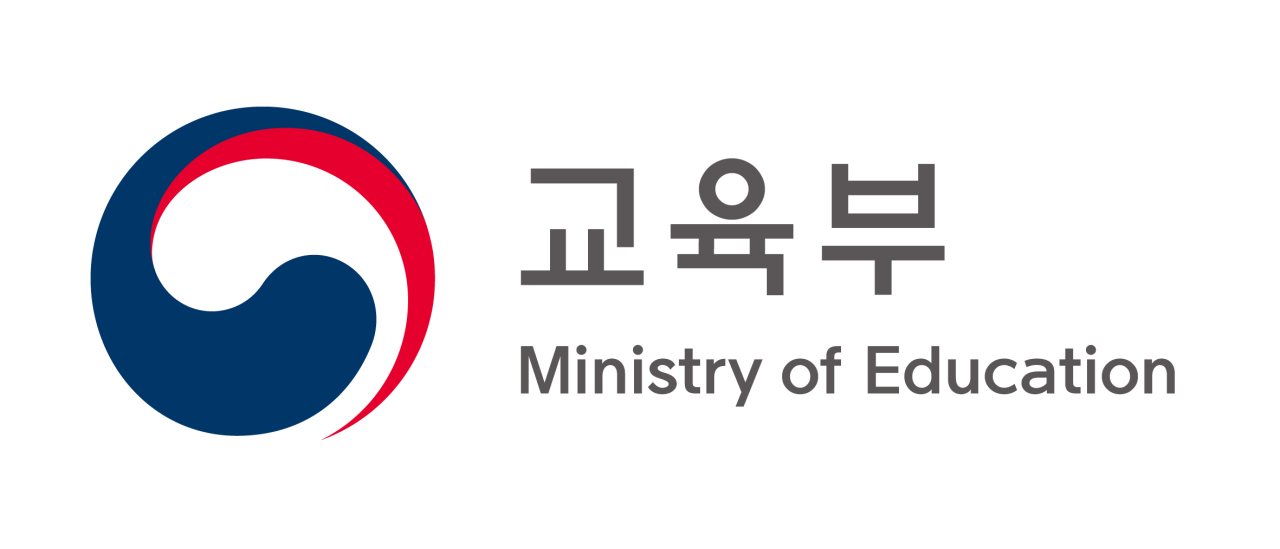
Private elementary schools have held more in-person classes than public ones, a lawmaker said Wednesday, claiming it to be evidence of the “unequal” disruptions in students’ learning amid the COVID-19 pandemic.
According to the office of Rep. Lee Tahney of the Democratic Party, private elementary schools in Seoul offered an average of 4.2 in-person classes per week, compared to just 1.9 at public schools.
The data is based on lesson plans that the schools reported to the Seoul Metropolitan Office of Education ahead of the May 27 reopening after weeks of closure. Most schools in the country reopened with a hybrid learning model that combines remote and in-person classes.
The Education Ministry enforced the one-third attendance cap for in-person classes for all schools in July, but some private schools allowed more students to come to school, Rep. Lee pointed out.
While in-person classes were officially only for one third of the student bodies, the remaining students physically came to school for emergency care programs, in what the lawmaker said was a possible violation of the virus control measures.
As online classes continued, the ministry recommended schools provide in-school care services for up to 10 additional students per class to help out families with no childcare options.
“Income inequality is leading to educational inequality at schools in the age of the coronavirus,” Rep. Lee said.
Annual tuition for private elementary schools was as high as 13 million won ($11,216) last year, compared to a maximum of 510,000 won of public schools.
Prolonged online learning has widened a gap in students’ achievement levels, teachers said, while putting an extra burden on parents.
According to a survey of 283 working parents conducted by the office of Rep. Jang Chul-min of the Democratic Party last month, 50.5 percent said they were considering resigning or suspending work at their current jobs due to the difficulty of having to provide care for their school-age children.
There were more than 408,000 households with children under the age of 18 across the country as of 2018, Statistics Korea data showed.
In response to the growing educational inequality, the Education Ministry during the annual audit Wednesday and vowed to expand in-person classes at public schools and provide additional care programs.
The ministry is reviewing the possibility of dividing class attendance into morning and afternoon sessions to expand the proportion of students in the classroom, as well as increasing the number of classes per school in some areas to better comply with virus control measures while allowing for more in-person learning.
By Ko Jun-tae (
ko.juntae@heraldcorp.com)








